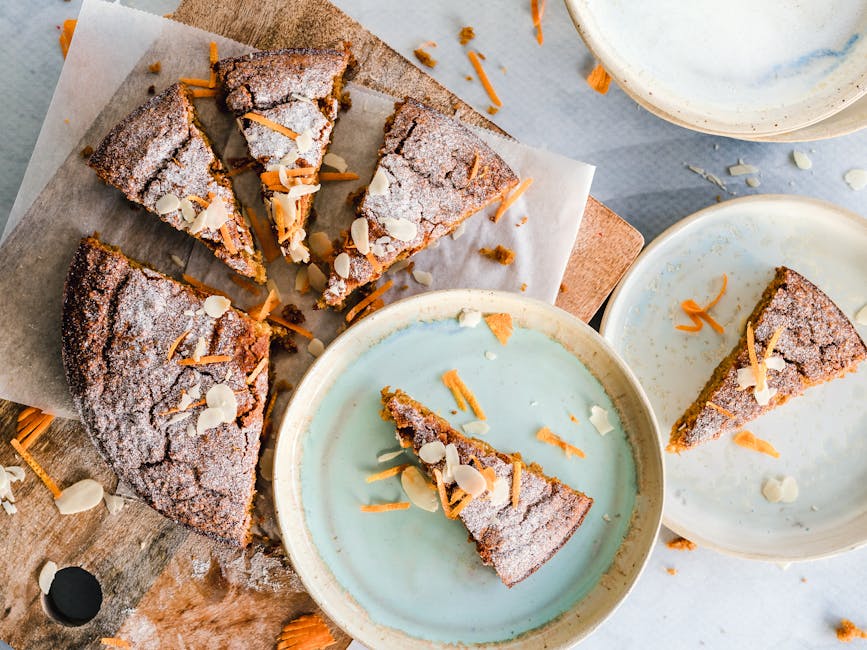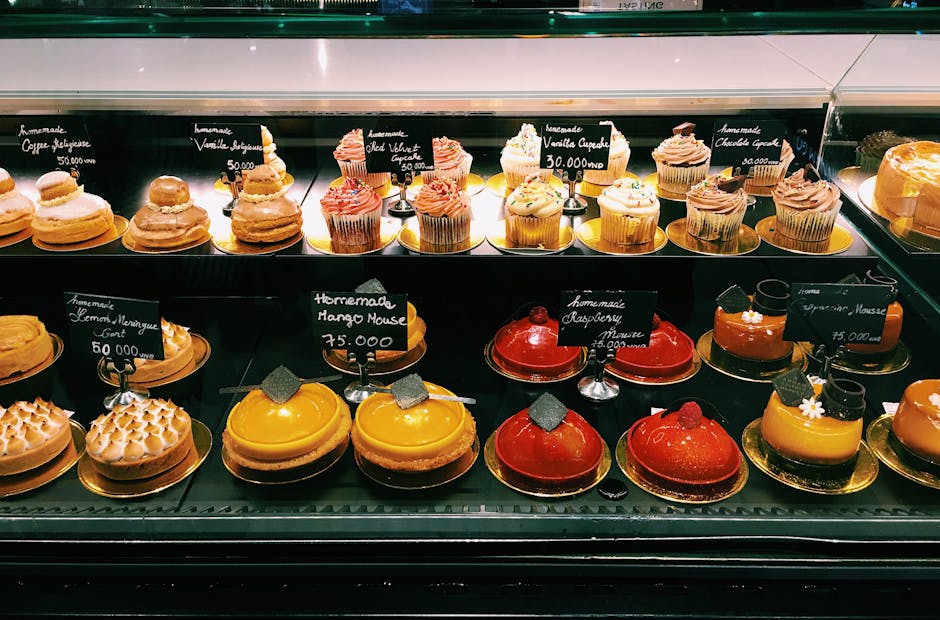Orange cake – just the name conjures up images of sunny skies and bright flavors! But what makes a great orange cake, and how can you bake one that’s both delicious and moist? Let’s dive into everything orange cake, from classic recipes to creative twists and foolproof tips for baking success.
The Zesty Allure of Orange Cake
Orange cake isn’t just a cake; it’s an experience. The vibrant citrus notes elevate it beyond ordinary desserts, making it perfect for everything from afternoon tea to celebratory gatherings. Its versatility means you can find recipes ranging from light and airy to rich and decadent. Plus, the natural sweetness of oranges often means you can reduce the amount of refined sugar needed. Whether you’re a seasoned baker or just starting out, there’s an orange cake recipe out there for you.

Understanding the Orange Cake Essentials
What sets an orange cake apart? It all comes down to a few key ingredients and techniques. Here’s what you need to know:
The Orange Factor
Naturally, oranges are the star of the show! But simply adding orange juice isn’t enough. The secret lies in using both:
- Orange Zest: This is where the intense orange flavor resides. Be sure to only zest the outer layer of the orange peel, avoiding the bitter white pith.
- Orange Juice: Freshly squeezed is always best! It adds moisture and contributes to the overall orange flavor.

Key Ingredients and Their Roles
Beyond oranges, several ingredients play crucial roles in creating the perfect orange cake:
- Flour: All-purpose flour is commonly used, but cake flour can create a lighter, more tender crumb.
- Sugar: Provides sweetness and helps with browning.
- Eggs: Bind the ingredients and add richness.
- Butter or Oil: Adds moisture and flavor. Butter generally creates a richer flavor, while oil results in a moister cake.
- Leavening Agents: Baking powder or baking soda helps the cake rise.

Techniques for a Moist and Flavorful Orange Cake
Mastering a few simple techniques can make a big difference in the final result:
- Creaming Butter and Sugar: Properly creaming the butter and sugar incorporates air, creating a light and fluffy base.
- Adding Eggs Gradually: Adding eggs one at a time prevents the batter from curdling.
- Alternating Dry and Wet Ingredients: This helps to create a smooth and evenly mixed batter, preventing overmixing.
- Don’t Overbake: Overbaking will dry out the cake. Use a toothpick to check for doneness; it should come out with a few moist crumbs attached.

Variations on the Classic Orange Cake
Once you’ve mastered the basics, the possibilities are endless! Here are a few ideas to spark your creativity:
Orange Poppy Seed Cake
The subtle crunch of poppy seeds adds a delightful textural element to this variation. Simply add a few tablespoons of poppy seeds to your batter before baking.

Blood Orange Cake
Use blood oranges instead of regular oranges for a stunning visual appeal and a slightly tart, complex flavor.

Orange Bundt Cake
Baking your orange cake in a Bundt pan creates a beautiful presentation that’s perfect for special occasions. A simple glaze adds the perfect finishing touch.

Gluten-Free Orange Cake
Use a gluten-free flour blend to create a delicious orange cake that everyone can enjoy. Almond flour can also add a nutty flavor and moist texture.

Troubleshooting Common Orange Cake Problems
Even the most experienced bakers encounter issues sometimes. Here are a few common problems and how to solve them:
Dry Cake
- Cause: Overbaking, not enough moisture in the batter.
- Solution: Check for doneness with a toothpick, add more orange juice or oil to the batter, consider adding sour cream or yogurt.
Dense Cake
- Cause: Overmixing the batter, not enough leavening.
- Solution: Mix the batter until just combined, make sure your baking powder or baking soda is fresh.
Soggy Cake
- Cause: Underbaking, too much liquid.
- Solution: Bake for a longer time, reduce the amount of liquid in the batter.

The Perfect Orange Cake Glaze
A simple glaze can elevate your orange cake to the next level. The most common glaze is made with powdered sugar and orange juice, but you can also add orange zest, vanilla extract, or a splash of orange liqueur for extra flavor.
- Classic Orange Glaze: Combine powdered sugar with enough orange juice to create a smooth, pourable consistency.
- Brown Butter Orange Glaze: Brown the butter for a nutty, caramel-like flavor before adding powdered sugar and orange juice.

Conclusion: Bake Your Way to Orange Cake Bliss
Orange cake is a delightful treat that’s sure to brighten anyone’s day. With a few simple techniques and a little practice, you can create a moist, flavorful cake that’s perfect for any occasion. So, grab some oranges, preheat your oven, and get ready to bake your way to orange cake bliss! Experiment with different variations, troubleshoot any problems you encounter, and most importantly, have fun!
